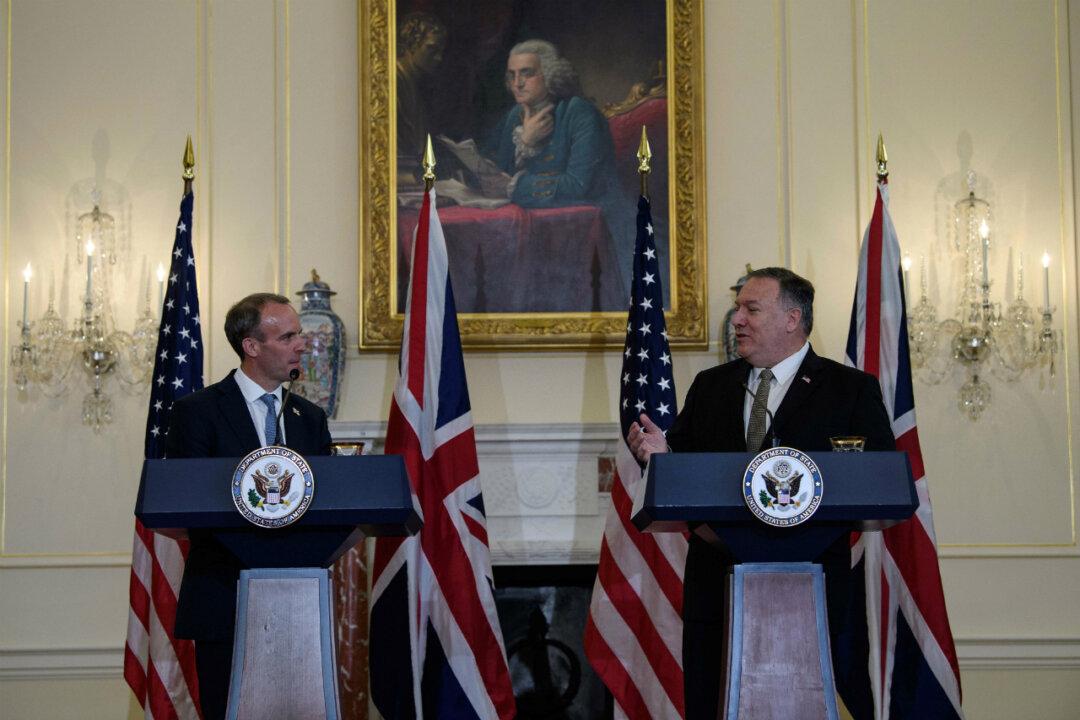The three European signatories of the Iran nuclear deal expressed on Tuesday their extreme concern about Iran’s violations of the agreement, which have undermined its objective to stop the spread of nuclear weapons, and called on Iran to comply with its commitments.
France, Germany, and the UK (the E3) said in a statement that they are “extremely concerned by Iran’s continued violation of its nuclear commitments under the JCPoA [Joint Comprehensive Plan of Action, known as Iran nuclear deal] which seriously undermines the non-proliferation benefits of the agreement.”





